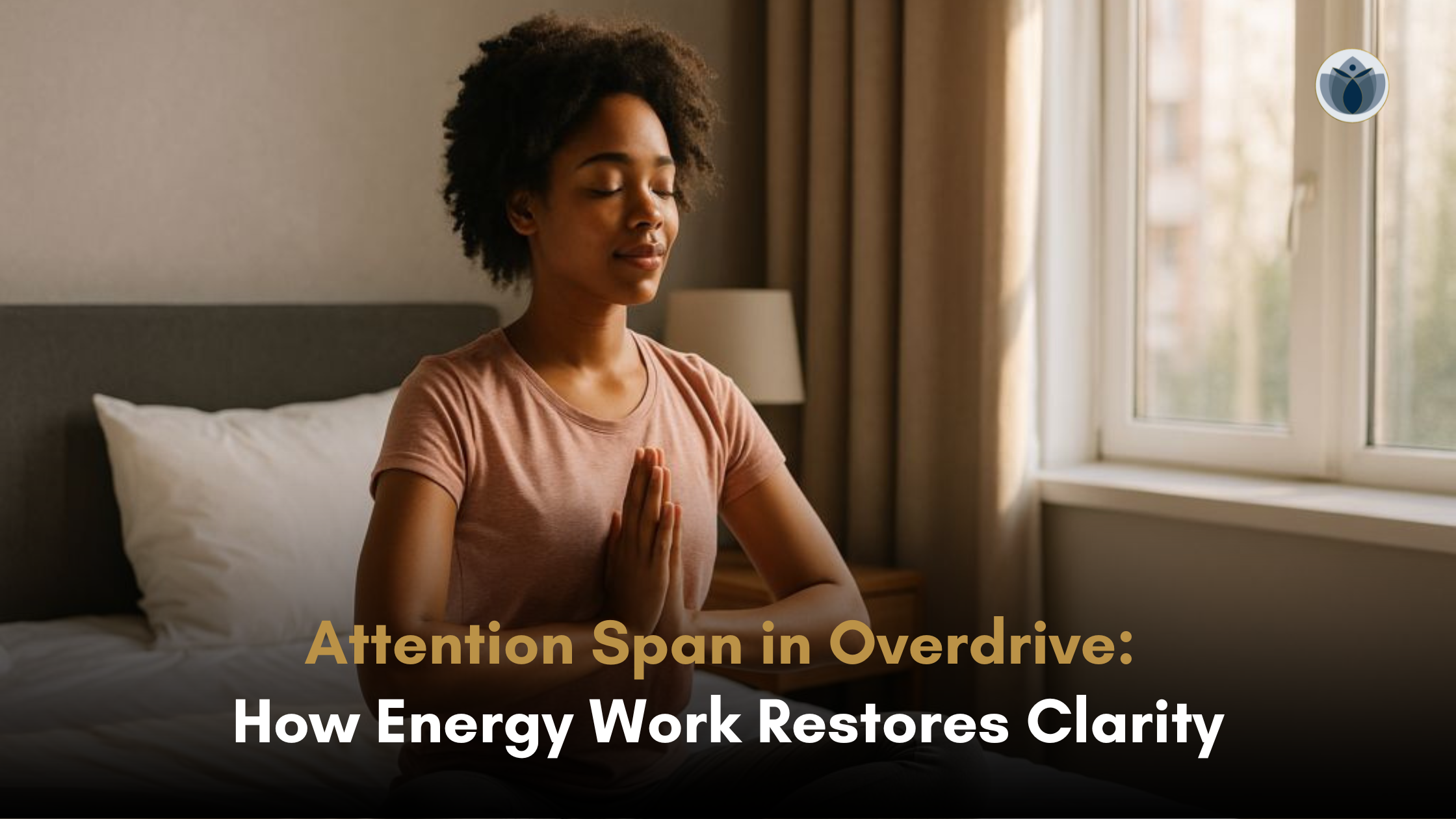How to Emotionally Disconnect from Work for Better Wellbeing
You’ve had a rough day at work.
You put your heart into a project but your boss criticized you.
You head home but can’t shake off the stress and frustration.
Has that ever happened to you? Have you ever felt like work just won’t leave you alone, even after you’ve left the office?
According to a survey by the American Institute of Stress., 83% of working people in the US feel stressed because of work.
In today’s busy world, where technology keeps us connected to work all the time, finding a good balance between our jobs and our personal lives can seem hard.
However, it’s not impossible. By the end of this blog, you’ll learn how to leave work at work and how to detach from work stress.
What is Emotional Detachment at Work?
Emotional detachment at work simply means keeping your feelings separate from your job. It’s like having a switch that lets you turn off work worries when you’re not working. You can still care about your job and do it well, but you don’t let it stress you out all the time.
It’s about finding a balance between caring about your work and taking care of yourself. Emotional detachment helps you stay calm, focused, and happy at work and when you’re off the clock.
Why Emotional Detachment Matters?
There are numerous benefits of emotional detachment from work, including:
- Reduced Stress Levels: Helps you leave work-related stress at the office.
- Improved Mental Health: Prevents anxiety, depression, and burnout.
- Better Work-Life Balance: Allows more time and energy for personal interests and relationships.
- Increased Productivity: Enhances focus and efficiency during work hours.
- Enhanced Relationships: Strengthens bonds with family and friends by being more present.
- Greater Job Satisfaction: This leads to a more positive attitude toward work.
- Improved Physical Health: Reduces stress-related health issues.
- More Creativity and Innovation: Fosters a relaxed mind that can think creatively.
- Increased Resilience: Helps you handle work challenges without affecting your personal life.
- Personal Growth: Provides time for self-improvement and pursuing personal interests.
Signs You Need to Detach Emotionally
If you notice the following signs in yourself, it might be time to work on emotionally detaching from your job:
- Constant Stress: You feel stressed out all the time, even when you’re not at work.
- Difficulty Sleeping: Work-related thoughts keep you up at night or cause restless sleep.
- Always Thinking About Work: You find it hard to stop thinking about work, even during your free time.
- Irritability and Mood Swings: You become easily irritated or have frequent mood swings due to work stress.
- Physical Symptoms: You experience headaches, muscle tension, or other physical signs of stress.
- Lack of Enjoyment: Activities you used to enjoy now seem less appealing because you’re preoccupied with work.
- Burnout: You feel exhausted, unmotivated, and disengaged from your job.
- Neglected Personal Life: Your relationships and personal life suffer because of work-related preoccupations.
- Decreased Productivity: Despite thinking about work constantly, your productivity and performance decline.
- Feeling Overwhelmed: You often feel overwhelmed by your workload and unable to cope.
How to Master Detachment?
Here are some practical tips on how to detach from work:
- Keep Set Work Hours: Decide when you start and stop working each day. Adhere to those terms as much as you can. When it’s time to stop, switch off your work brain.
- Wind Down: Make a little routine at the end of your workday to help you relax. It could be something simple like cleaning up your desk or making a plan for tomorrow.
- Silence Work Alerts: Turn off those notifications from work emails or messages when you’re not working. It helps you resist the urge to check them.
- Do Fun Stuff: Spend time doing things you enjoy when you’re not working. It could be anything from walking outside to playing games with friends. Just something that makes you happy and helps you forget about work for a while.
- Tell People Your Limits: Let your coworkers know when you’re available to talk about work stuff after hours. And also when you’re not. It helps them know when to contact you.
- Have a Work Zone: If you work from home, set up a special area in your home just for work. When you’re there, it’s work time. When you leave, it’s not.
- Be Thankful: Take a moment each day to think about good things outside of work. It helps you remember that work isn’t everything.
- Get Help If You Need It: If you’re really struggling to detach from work, talk to someone about it. Friends, family, or even a professional can help you figure things out.
Contact Jacqueline Kane, a pain specialist and experienced therapist for a FREE assessment. She’ll guide you to help you transform your life, let go of stress, and live the life you desire.
Last But Not Least…
Work is just one part of our life. It’s important, but it shouldn’t overshadow our happiness and well-being. Finding balance is not just about managing time; it’s about honoring yourself and your life.
Embrace the moments that bring you peace and remember to switch off that work switch when the day ends. This balance will not only make you a better employee but also a happier, healthier person.







